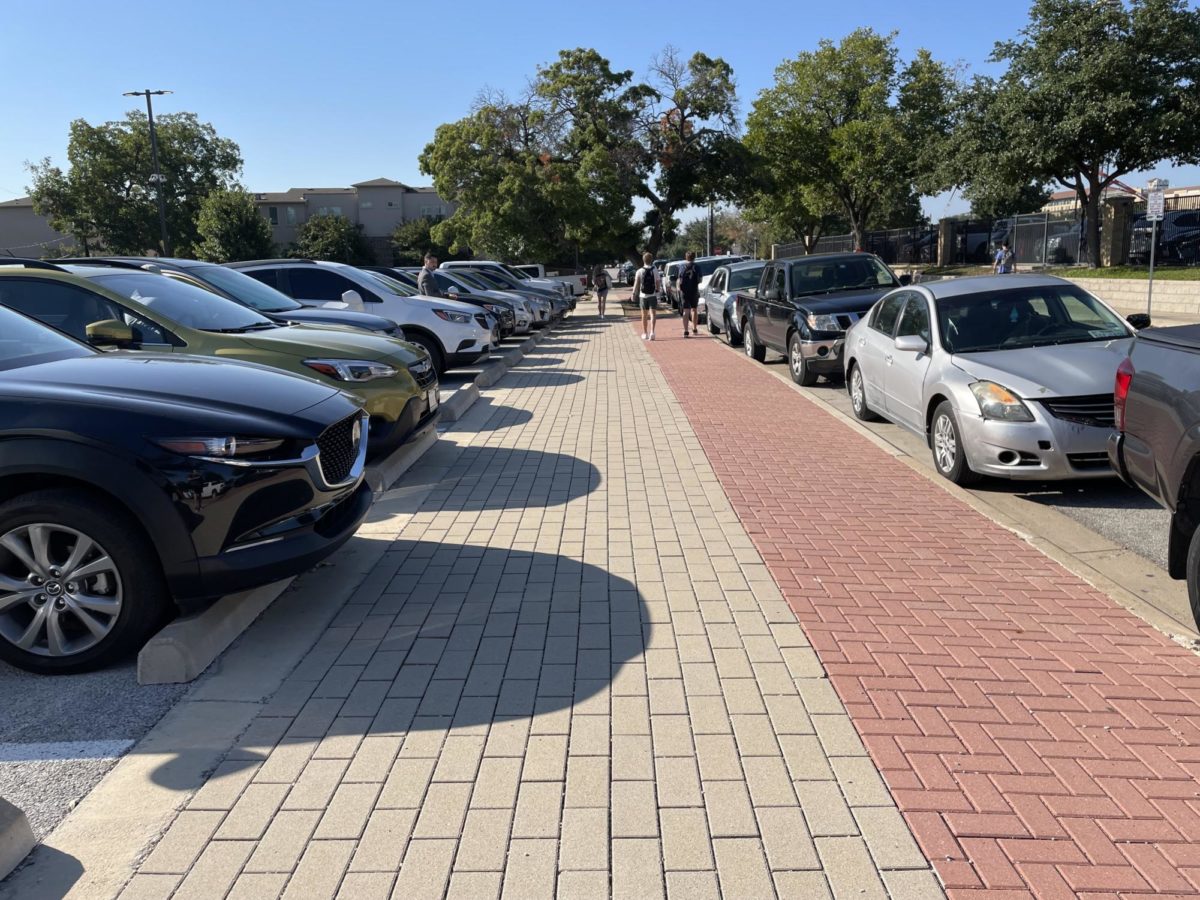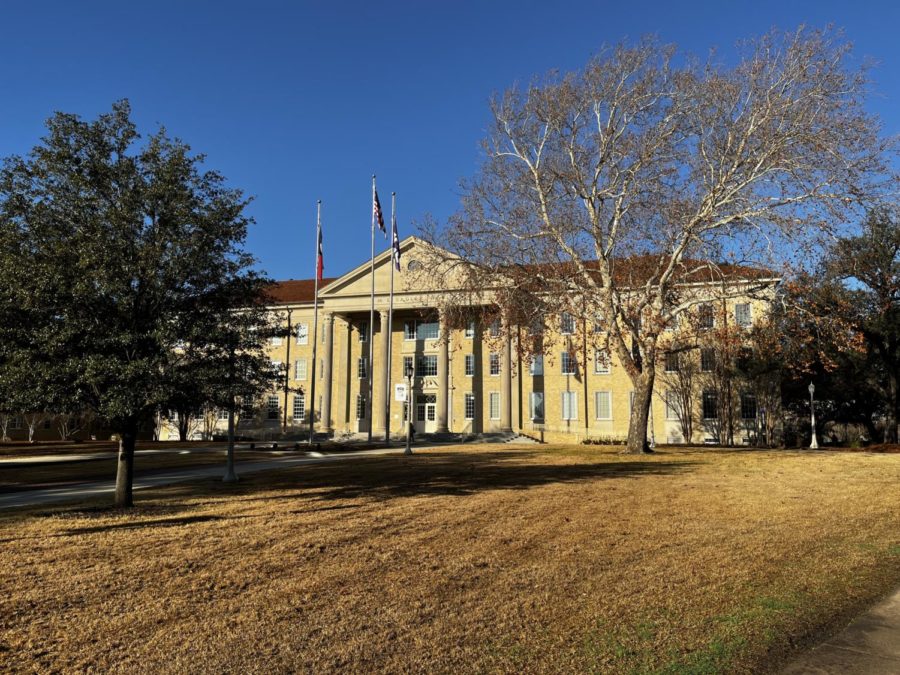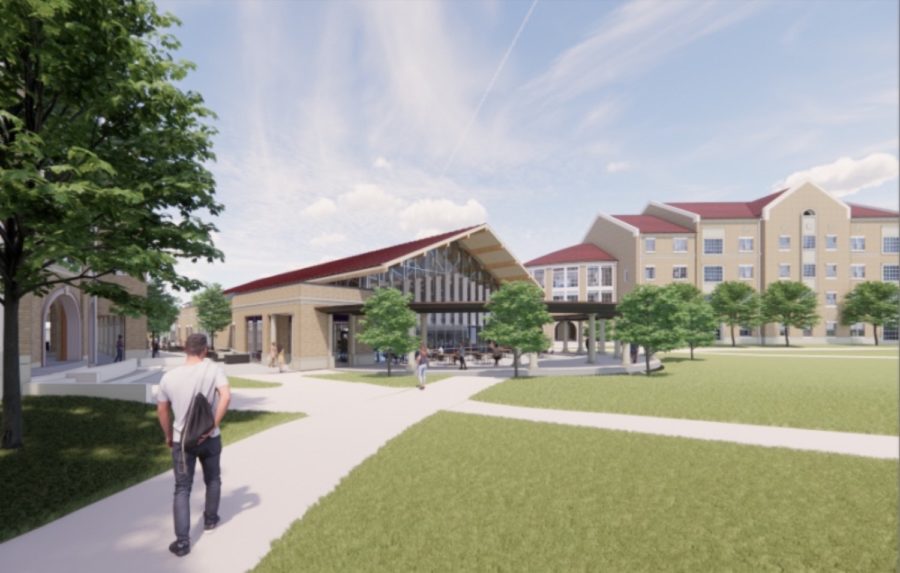The cost of campus construction projects have managed to remain stable despite a national increase in the cost of construction materials, a university official said.
Harold Leeman, associate director for major projects for the Physical Plant, said the university uses the construction manager at-risk method to combat cost fluctuations, which enables the university to lock in costs with the contractor before a project begins.
Cost of construction materials have increased 11.4 percent since the beginning of the year, according to national statistics collected by Engineering News-Record magazine. The magazine's material price index is collected from 20 U.S. cities, which includes Dallas.
Because the university has a guaranteed maximum price for construction projects, it is the contractor who is at risk for cost fluctuations and not the university, Leeman said.
"It's worked out very well for us during times of fluctuating costs," Leeman said.
Although construction costs are secured for each project, the cost of construction materials for current projects increased about 4 to 5 percent in comparison to the cost of materials a year ago, Leeman said.
Despite the increase, the university manages to come within the budget for projects by factoring in a 3 to 5 percent inflation rate, Leeman said. If costs continue to rise, he said the budget percentage for inflation could increase as well.
Matt Franklin, president of Franklin Properties and developer of the Cantey Place town homes that are under construction near the university, said that construction costs are generally going to fluctuate.
"It's very tricky to say 'costs are going up'," Franklin said.
Franklin said from what he has seen in the Fort Worth area, marketplace construction costs have been flat. For his housing development, Franklin said he was able to lock in construction costs a few months ago, so any current fluctuation has little effect.
Most developers are not able to lock in the cost, Franklin said. It depends on how far ahead the project plans are made, the materials used and the margin of return a developer is willing to risk to sustain his or her company, he said.
"It's going to fluctuate from contractor to contractor and from deal to deal," Franklin said.
Sandra Dennehy, an architect and president of the Berry Street Initiative, a community organization representing several neighborhoods within the immediate area with an interest in revitalizing Berry Street, said over the past year she has seen an increase in construction costs but with weekly fluctuations.
The rise in the cost of oil has caused an increase in oil-based materials, including asphalt, steel and freight costs, Dennehy said.
According to Engineering News-Record the price of steel has risen 19.7 percent since the beginning of the year.
Dennehy said with the next phase of projects slated to go on Berry Street, it would be difficult to know what kind of impact constructions costs will have because of the cost fluctuation.
"It will have some effect," Dennehy said. "We just don't know how extensive it will be."
By the beginning of 2009 the Berry Street Initiative hopes to have a cost estimate which will give them an understanding of what they will be able to complete for the Berry Street projects, Dennehy said.
With the fluctuating cost of materials it's very possible that projects may have to be cut back in some areas, Dennehy said.
"With the economy, who knows?" he said.







